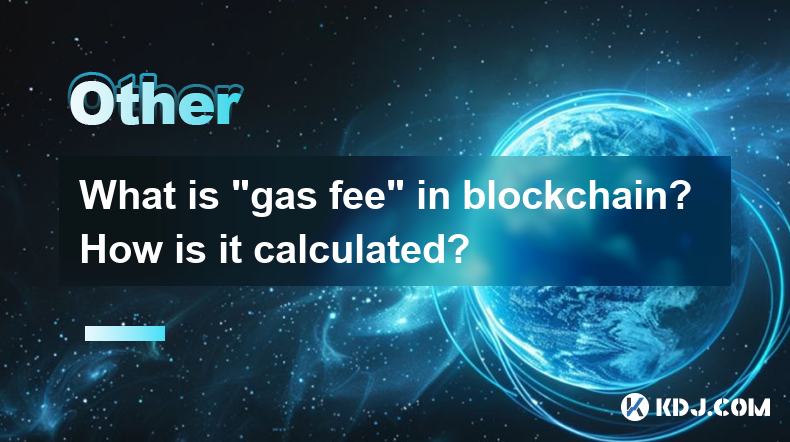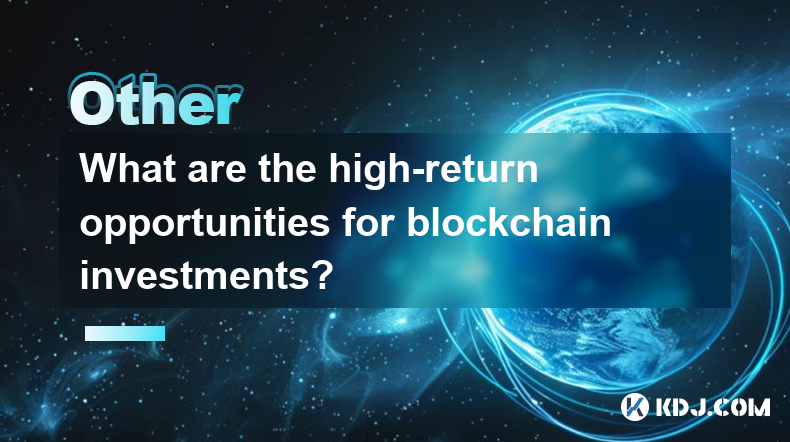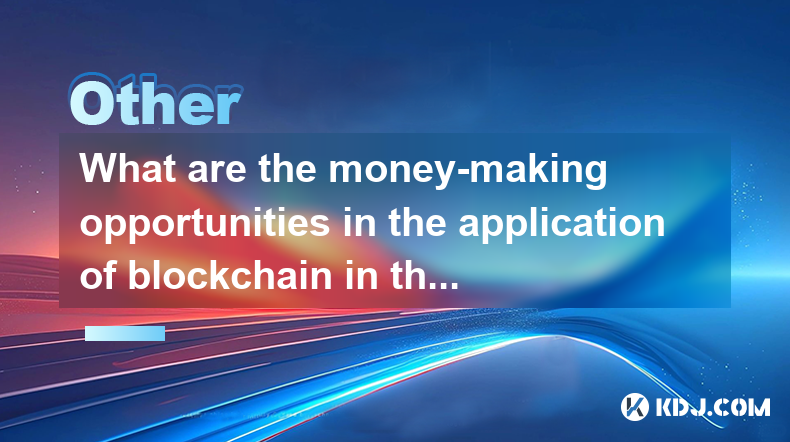-
 Bitcoin
Bitcoin $79,012.1761
-4.78% -
 Ethereum
Ethereum $1,570.4026
-12.09% -
 Tether USDt
Tether USDt $0.9994
-0.02% -
 XRP
XRP $1.9666
-7.46% -
 BNB
BNB $555.4328
-6.02% -
 USDC
USDC $0.9999
-0.01% -
 Solana
Solana $107.5201
-9.67% -
 Dogecoin
Dogecoin $0.1506
-10.27% -
 TRON
TRON $0.2315
-2.62% -
 Cardano
Cardano $0.5814
-10.27% -
 UNUS SED LEO
UNUS SED LEO $8.8602
-2.17% -
 Chainlink
Chainlink $11.3795
-10.04% -
 Toncoin
Toncoin $3.0063
-7.92% -
 Stellar
Stellar $0.2370
-5.38% -
 Avalanche
Avalanche $16.1395
-9.48% -
 Shiba Inu
Shiba Inu $0.0...01134
-7.55% -
 Sui
Sui $1.9135
-13.06% -
 Hedera
Hedera $0.1425
-11.59% -
 Polkadot
Polkadot $3.7145
-5.76% -
 MANTRA
MANTRA $5.9824
-4.31% -
 Bitcoin Cash
Bitcoin Cash $272.1059
-9.40% -
 Litecoin
Litecoin $71.2279
-13.11% -
 Dai
Dai $1.0000
-0.02% -
 Ethena USDe
Ethena USDe $0.9987
-0.05% -
 Bitget Token
Bitget Token $4.1866
-5.67% -
 Pi
Pi $0.5915
4.23% -
 Monero
Monero $200.3568
-5.71% -
 Hyperliquid
Hyperliquid $10.5427
-10.74% -
 Uniswap
Uniswap $5.1188
-11.73% -
 OKB
OKB $50.3711
-2.37%
What is "gas fee" in blockchain? How is it calculated?
Blockchain gas fees, paid to miners/validators, vary based on transaction complexity and network congestion; understanding them is crucial for cost-effective cryptocurrency transactions.
Mar 15, 2025 at 04:00 pm

Key Points:
- Gas fees are transaction fees paid to miners or validators on a blockchain network to process transactions.
- The calculation of gas fees depends on the complexity of the transaction and the network's current congestion.
- Higher network congestion leads to higher gas fees.
- Different blockchains have different gas fee mechanisms and units.
- Understanding gas fees is crucial for efficient and cost-effective cryptocurrency transactions.
What is "Gas Fee" in Blockchain?
In the realm of blockchain technology, particularly Ethereum and other similar networks, the "gas fee" represents the cost associated with executing a transaction on the network. It's essentially a payment to the miners (or validators in Proof-of-Stake networks) who verify and add your transaction to the blockchain. Think of it as the "tip" you give to the network workers for their computational efforts. Without gas fees, there would be no incentive for miners to process transactions, leading to network congestion and failure.
How is Gas Fee Calculated?
The calculation of gas fees is a multi-faceted process, varying slightly across different blockchains. However, the core principle remains consistent: the more computationally intensive a transaction is, the higher the gas fee. This computation intensity is measured in "gas units." Each operation within a transaction consumes a certain number of gas units. For example, a simple transaction sending ETH requires fewer gas units than a complex smart contract interaction.
The total gas used is then multiplied by the current gas price (expressed in the native cryptocurrency of the blockchain, like Gwei on Ethereum). This gas price is dynamically determined by the network's supply and demand. High demand (many transactions pending) results in a higher gas price, increasing the overall gas fee.
- Gas Limit: You set a gas limit, which is the maximum amount of gas you're willing to spend on a transaction. If the transaction consumes less gas than the limit, you only pay for the gas used. If it exceeds the limit, the transaction fails, and you lose the gas already consumed.
- Gas Price: This is the price you are willing to pay per unit of gas. A higher gas price increases your chances of having your transaction processed quickly, as miners prioritize transactions with higher gas prices.
- Total Gas Fee: This is the final cost of your transaction, calculated as Gas Limit * Gas Price. It's crucial to set both the gas limit and price appropriately to ensure your transaction is processed efficiently and cost-effectively.
Different Blockchains, Different Gas Fee Mechanisms
While the fundamental concept of gas fees remains the same across various blockchains, the specific implementation and units differ. Ethereum, for instance, utilizes Gwei (1 Gwei = 0.000000001 Ether) as its gas price unit. Other blockchains may have their own unique mechanisms and units. Some networks even implement strategies to reduce gas fees or make them more predictable, such as transaction batching or layer-2 scaling solutions.
Understanding Gas Fees: A Crucial Aspect of Crypto Transactions
Understanding how gas fees work is vital for anyone interacting with blockchain networks. Failing to account for gas fees can lead to unexpectedly high transaction costs, or even worse, transactions failing due to insufficient gas. Monitoring gas prices and adjusting your gas limit accordingly is a key skill for navigating the world of decentralized finance (DeFi) and interacting effectively with smart contracts. Tools and resources are available to help estimate gas fees before initiating a transaction, mitigating the risk of unexpected expenses.
Frequently Asked Questions:
Q: What happens if I set my gas price too low?
A: If your gas price is too low, your transaction might take a very long time to be processed, or it may not be processed at all. Miners prioritize transactions with higher gas prices.
Q: What happens if I set my gas limit too low?
A: If your gas limit is too low, your transaction will fail, and you will lose the gas you already paid. Ensure your gas limit is sufficiently high to cover all the operations within your transaction.
Q: How can I monitor gas prices?
A: Many websites and tools provide real-time gas price data for various blockchains. These tools often display the average gas price, as well as the fast and slow gas prices. You can use these tools to make informed decisions about your gas price.
Q: Are gas fees the same across all blockchains?
A: No, gas fees vary significantly between blockchains depending on factors like network congestion, transaction complexity, and the consensus mechanism used. Some blockchains are designed with lower gas fees in mind than others.
Q: Can gas fees be avoided entirely?
A: No, gas fees are inherent to the functioning of most blockchain networks. They serve as an incentive for miners/validators to process transactions and maintain the security of the network. However, techniques like layer-2 scaling solutions can significantly reduce the cost of transactions.
Q: What are some ways to reduce gas fees?
A: You can reduce gas fees by conducting transactions during periods of low network congestion, choosing a lower gas price (accepting longer processing times), or utilizing layer-2 scaling solutions. Batching transactions together can also reduce the overall cost.
Disclaimer:info@kdj.com
The information provided is not trading advice. kdj.com does not assume any responsibility for any investments made based on the information provided in this article. Cryptocurrencies are highly volatile and it is highly recommended that you invest with caution after thorough research!
If you believe that the content used on this website infringes your copyright, please contact us immediately (info@kdj.com) and we will delete it promptly.
- Tether to Acquire Majority Stake in Adecoagro; Bioceres Allegedly Next
- 2025-04-07 05:15:13
- Renowned Crypto Investor Has Outlined a Brave XRP Price Prediction
- 2025-04-07 05:15:13
- Toncoin (TON) Price Regains Traction and Might Soon Surge Further Toward the $4.80 Resistance Zone
- 2025-04-07 05:10:12
- The cryptocurrency mining landscape in 2025 is flourishing, with cloud mining shining as a highly accessible
- 2025-04-07 05:10:12
- Solaxy (SOLX) Raises $28M in Presale, Aiming to Be the Arbitrum of Solana
- 2025-04-07 05:05:13
- BingX Launches Perpetual Trading on TradingView
- 2025-04-07 05:05:13
Related knowledge

Is the ranking of Chinese blockchain apps real and reliable?
Apr 04,2025 at 09:01pm
The ranking of Chinese blockchain apps has become a topic of interest for many in the cryptocurrency community, as it provides insights into the popularity and adoption of blockchain technology within China. However, the reliability and authenticity of these rankings are often questioned. This article aims to delve into the factors that influence these ...

What are the future development trends of blockchain game development?
Apr 03,2025 at 05:00am
Blockchain technology has revolutionized various industries, and gaming is no exception. As we look to the future, several trends are set to shape the development of blockchain games. These trends not only promise to enhance the gaming experience but also to integrate blockchain technology more seamlessly into the gaming ecosystem. Let's explore these t...

What are the high-return opportunities for blockchain investments?
Apr 05,2025 at 02:35pm
Blockchain technology has revolutionized the financial world, offering numerous high-return investment opportunities. These opportunities span various sectors within the cryptocurrency ecosystem, including cryptocurrencies, decentralized finance (DeFi), non-fungible tokens (NFTs), and blockchain startups. Each of these areas presents unique risks and re...

What are the maintenance costs of blockchain system development?
Apr 03,2025 at 06:07pm
The maintenance costs of blockchain system development are multifaceted and depend on various factors. These costs can include technical maintenance, security updates, infrastructure expenses, and personnel costs. Understanding these elements is crucial for anyone planning to develop or maintain a blockchain system. Technical MaintenanceTechnical mainte...

What are the money-making models of blockchain games?
Apr 04,2025 at 02:00pm
Blockchain games have emerged as a revolutionary way for players to earn real money while enjoying their favorite pastime. These games leverage the power of blockchain technology to create unique money-making models that benefit both the players and the developers. In this article, we will explore the various money-making models of blockchain games and ...

What are the money-making opportunities in the application of blockchain in the field of Internet of Things?
Apr 05,2025 at 10:35pm
The integration of blockchain technology with the Internet of Things (IoT) presents numerous money-making opportunities. Blockchain, with its decentralized and secure nature, can revolutionize how IoT devices interact, manage data, and conduct transactions. This article will explore various avenues where entrepreneurs, developers, and investors can capi...

Is the ranking of Chinese blockchain apps real and reliable?
Apr 04,2025 at 09:01pm
The ranking of Chinese blockchain apps has become a topic of interest for many in the cryptocurrency community, as it provides insights into the popularity and adoption of blockchain technology within China. However, the reliability and authenticity of these rankings are often questioned. This article aims to delve into the factors that influence these ...

What are the future development trends of blockchain game development?
Apr 03,2025 at 05:00am
Blockchain technology has revolutionized various industries, and gaming is no exception. As we look to the future, several trends are set to shape the development of blockchain games. These trends not only promise to enhance the gaming experience but also to integrate blockchain technology more seamlessly into the gaming ecosystem. Let's explore these t...

What are the high-return opportunities for blockchain investments?
Apr 05,2025 at 02:35pm
Blockchain technology has revolutionized the financial world, offering numerous high-return investment opportunities. These opportunities span various sectors within the cryptocurrency ecosystem, including cryptocurrencies, decentralized finance (DeFi), non-fungible tokens (NFTs), and blockchain startups. Each of these areas presents unique risks and re...

What are the maintenance costs of blockchain system development?
Apr 03,2025 at 06:07pm
The maintenance costs of blockchain system development are multifaceted and depend on various factors. These costs can include technical maintenance, security updates, infrastructure expenses, and personnel costs. Understanding these elements is crucial for anyone planning to develop or maintain a blockchain system. Technical MaintenanceTechnical mainte...

What are the money-making models of blockchain games?
Apr 04,2025 at 02:00pm
Blockchain games have emerged as a revolutionary way for players to earn real money while enjoying their favorite pastime. These games leverage the power of blockchain technology to create unique money-making models that benefit both the players and the developers. In this article, we will explore the various money-making models of blockchain games and ...

What are the money-making opportunities in the application of blockchain in the field of Internet of Things?
Apr 05,2025 at 10:35pm
The integration of blockchain technology with the Internet of Things (IoT) presents numerous money-making opportunities. Blockchain, with its decentralized and secure nature, can revolutionize how IoT devices interact, manage data, and conduct transactions. This article will explore various avenues where entrepreneurs, developers, and investors can capi...
See all articles





















































































